Onion
Onion is a good source of fibers called fructans which act as prebiotic, feeding the good bacteria in the guts. Therefore it is beneficial for gut flora and reduces the risk of colon cancer. Onion is rich in sulfur compounds and flavonoid antioxidants, especially quercetin. Quercetin reduces symptoms of bladder infections, is good for prostate health and lowers blood pressure and risk of cancer. The main benefits of onion include blood sugar regulation and fighting diabetes, increasing bone density for osteoporosis prevention and anti-inflammatory and antimicrobial effects.
